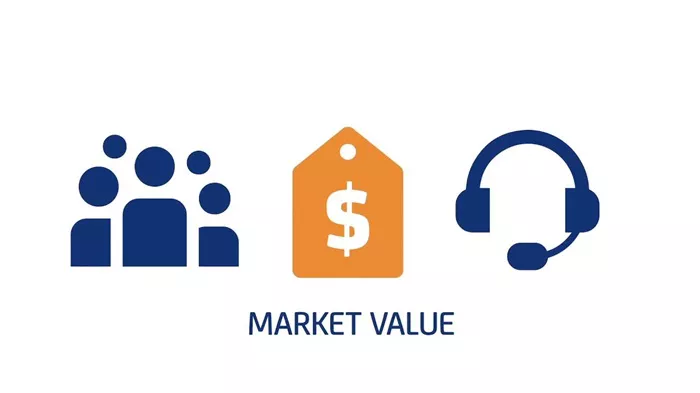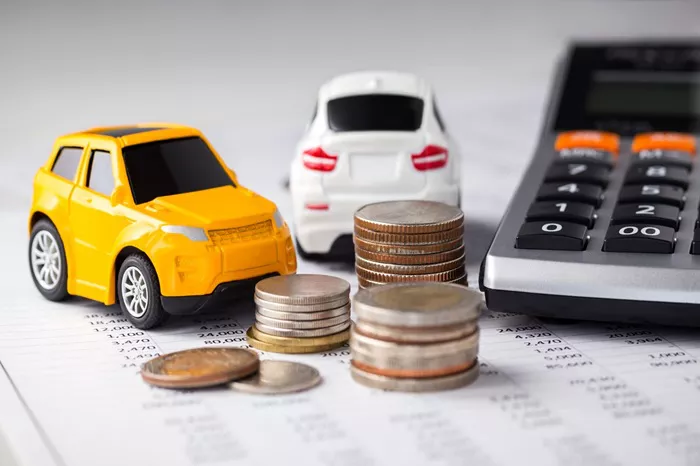Car insurance is an essential aspect of vehicle ownership. It provides financial protection in case of accidents, theft, or other damages. One important term you might encounter in your car insurance policy is “market value.” Understanding what market value means in car insurance is crucial for making informed decisions about your coverage. This article will explore the concept of market value in car insurance, how it is determined, and its implications for policyholders.
Understanding Market Value in Car Insurance
1. Definition of Market Value
Market value in car insurance refers to the amount your car would sell for in the current market. It is the value your car would fetch if sold on the open market, considering its age, condition, mileage, and other relevant factors. Insurers use market value to determine the payout you would receive if your car is declared a total loss after an accident or theft.
2. Importance of Market Value
Market value is important because it directly affects the amount you would receive from your insurer in the event of a total loss. Knowing your car’s market value helps you understand the coverage provided by your policy and ensures you have adequate protection.
How Market Value is Determined
1. Factors Influencing Market Value
Several factors influence the market value of a car. Insurers consider these factors to arrive at an accurate valuation:
Age of the Car
The age of your car significantly impacts its market value. Newer cars typically have higher market values than older ones due to less wear and tear and more advanced features.
Condition of the Car
The overall condition of your car, including the interior, exterior, and mechanical components, affects its market value. Well-maintained cars with minimal damage and repairs command higher market values.
Mileage
Mileage is another critical factor. Cars with lower mileage generally have higher market values because they have less wear and tear compared to high-mileage vehicles.
Make and Model
The make and model of your car also play a role in determining market value. Popular brands and models with high demand tend to have higher market values.
Market Demand
The current demand for your car in the market can influence its value. If your car’s make and model are in high demand, its market value will be higher.
2. Methods Used to Determine Market Value
Insurers use various methods to determine the market value of a car. These methods ensure a fair and accurate valuation:
Professional Valuation
Insurers may rely on professional appraisers to assess the market value of your car. These appraisers consider all relevant factors and provide an unbiased valuation.
Online Valuation Tools
Several online tools and websites provide car valuation services. Insurers often use these tools to get an estimate of your car’s market value based on its make, model, age, mileage, and condition.
Dealer and Auction Prices
Insurers may also consider recent sales data from car dealerships and auctions. This data provides insights into the current market prices for similar vehicles.
Implications of Market Value for Policyholders
1. Payouts in Case of Total Loss
Understanding market value is crucial when it comes to insurance payouts. If your car is declared a total loss, the payout you receive from your insurer will be based on its market value. This amount may differ from what you owe on your car loan or what you paid for the car initially.
2. Gap Insurance
If your car’s market value is less than the amount you owe on your car loan, you may end up with a financial shortfall. Gap insurance can help bridge this gap by covering the difference between your car’s market value and the outstanding loan amount.
3. Importance of Accurate Valuation
An accurate valuation ensures you receive a fair payout in case of a total loss. It also helps you make informed decisions about your coverage and whether you need additional protection, such as gap insurance.
How to Determine Your Car’s Market Value
1. Using Online Valuation Tools
Several online tools can help you determine your car’s market value. Websites like Kelley Blue Book, Edmunds, and NADA Guides provide free car valuation services. Simply enter your car’s make, model, year, mileage, and condition to get an estimate of its market value.
2. Consulting with Professionals
Professional appraisers and car dealers can also provide accurate valuations of your car. They consider all relevant factors and provide a detailed assessment of your car’s market value.
3. Checking Recent Sales Data
Checking recent sales data for similar cars can give you an idea of your car’s market value. Look for cars of the same make, model, year, and condition to get a realistic estimate.
Tips for Maintaining Your Car’s Market Value
1. Regular Maintenance
Regular maintenance is crucial for keeping your car in good condition and preserving its market value. Follow the manufacturer’s recommended maintenance schedule and address any issues promptly.
2. Keeping Records
Maintain detailed records of all maintenance and repairs. This documentation can help demonstrate that your car has been well-maintained and may enhance its market value.
3. Protecting Your Car
Protect your car from damage by parking it in a safe location and using protective measures like car covers. Avoiding accidents and minimizing wear and tear can help preserve your car’s market value.
see also: Cutting Car Insurance Costs: Pay Annually for Savings
FAQs
1. What is the difference between market value and replacement cost?
Market value refers to the amount your car would sell for in the current market, considering its age, condition, and other factors. Replacement cost, on the other hand, is the amount it would cost to replace your car with a similar make and model at current prices. Replacement cost is typically higher than market value.
2. How can I find out my car’s market value?
You can find out your car’s market value using online valuation tools like Kelley Blue Book, Edmunds, and NADA Guides. You can also consult with professional appraisers or car dealers for an accurate valuation.
3. Does market value affect my insurance premium?
Yes, market value can affect your insurance premium. Higher-value cars typically have higher premiums due to the increased risk and potential cost of repairs or replacement.
4. What should I do if my car’s market value is less than what I owe on my loan?
If your car’s market value is less than the amount you owe on your loan, you may want to consider purchasing gap insurance. Gap insurance covers the difference between your car’s market value and the outstanding loan amount, protecting you from financial shortfalls.
5. Can I negotiate the market value with my insurer?
While you can provide evidence to support a higher valuation, insurers typically use established methods and data to determine market value. It’s important to ensure your car’s condition and maintenance records are accurately documented to support your case.
Conclusion
Understanding market value in car insurance is essential for making informed decisions about your coverage. Market value affects the payout you would receive in case of a total loss and plays a crucial role in determining the adequacy of your insurance coverage. By knowing how market value is determined and taking steps to maintain your car’s value, you can ensure you have the right protection and receive a fair payout if the unexpected happens.




















